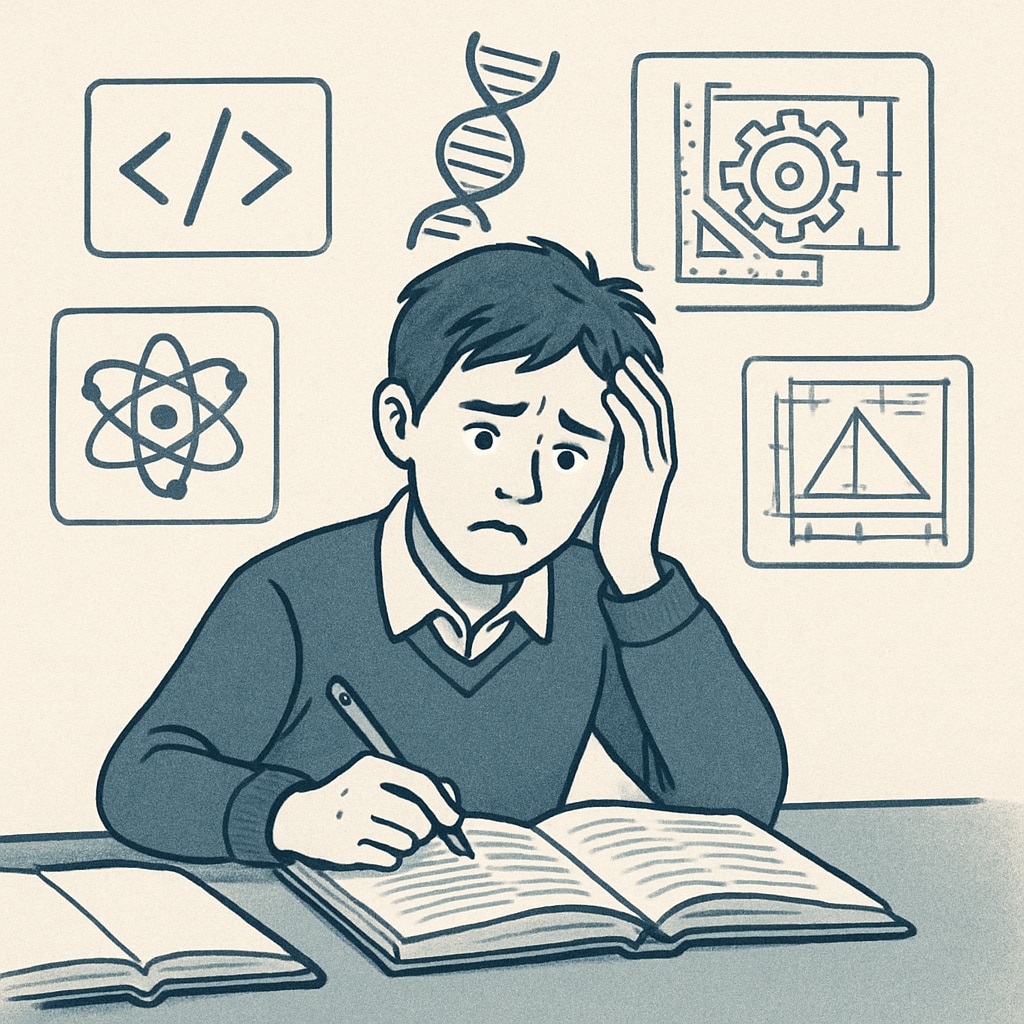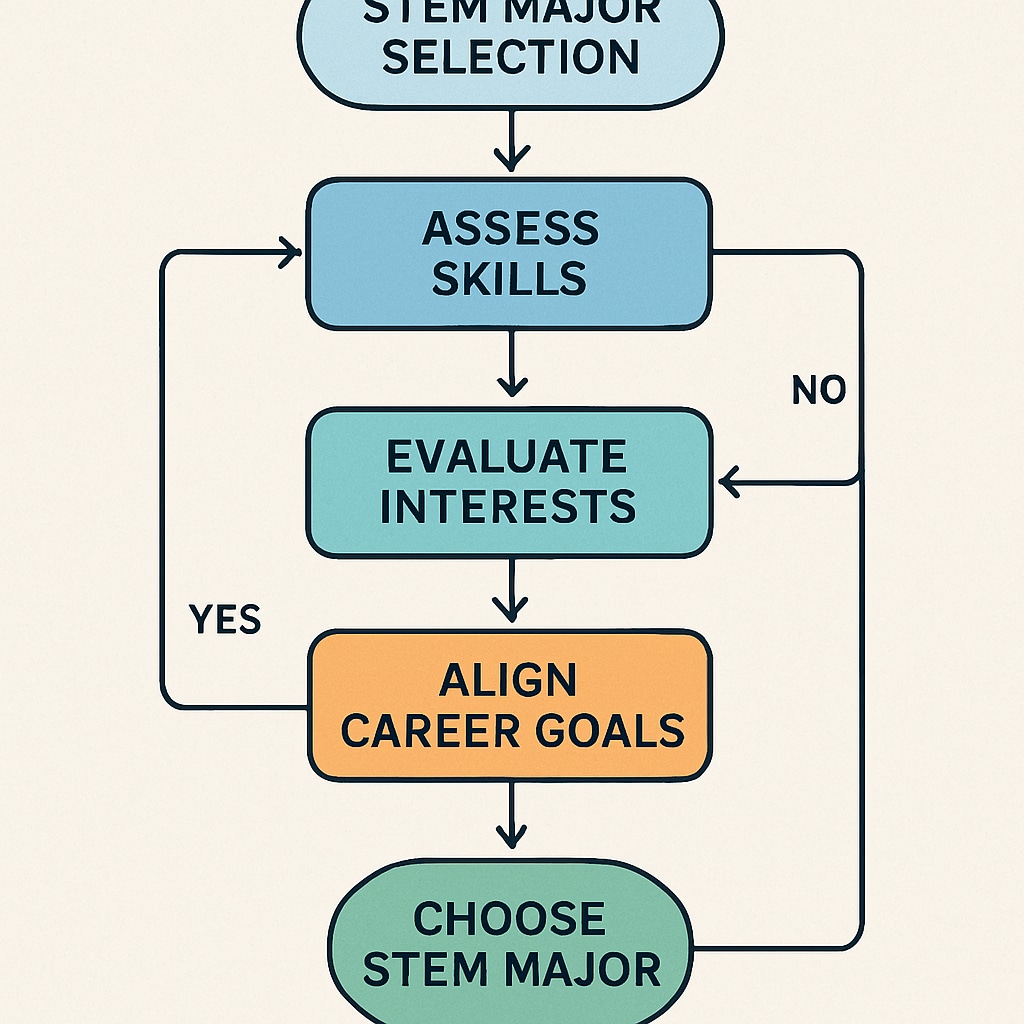Professional choice in STEM fields and career planning often trigger significant anxiety among high school graduates. As students stand at this critical crossroads, they face overwhelming options from computer science to biomedical engineering.

Root Causes of STEM Selection Anxiety
Three primary factors contribute to decision paralysis:
- Information overload: With over 200 STEM disciplines listed by the National Science Foundation, students struggle to process options
- Career uncertainty: Rapid technological changes make job market predictions difficult
- Social pressure: Family expectations often conflict with personal interests
Practical Self-Assessment Strategies
Before committing to a STEM path, students should conduct thorough self-evaluation:
- Complete the ACT Career Readiness Assessment
- Shadow professionals in target fields for at least 20 hours
- Analyze academic strengths through advanced coursework performance

Decision Framework for STEM Fields
Our research-based framework helps students navigate three common scenarios:
| Situation | Solution |
|---|---|
| Passionate but undecided | Begin with general STEM requirements before specialization |
| Conflicted between fields | Pursue interdisciplinary programs like computational biology |
| Uncertain about STEM aptitude | Take foundational courses before full commitment |
Key takeaway: Career planning in STEM should balance current interests with future adaptability. Students who methodically evaluate their options reduce selection anxiety by 63% according to recent studies.


